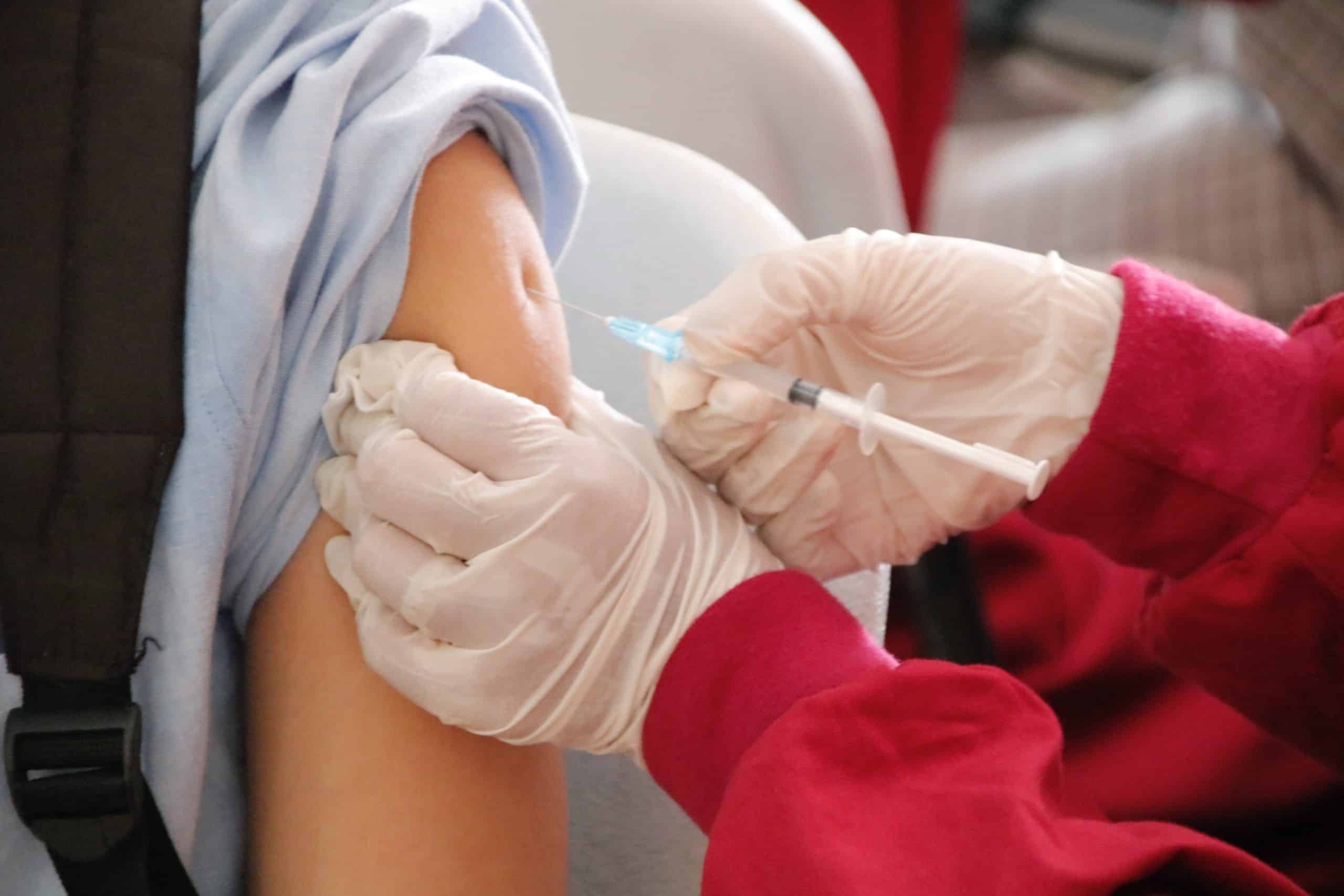A clinical phase still needs to be initiated to confirm the innocuousness and effectiveness of this approach in humans, but as of now, the TheraVectys intranasal vaccine is attracting growing interest. “Our animal model shows that after an initial intramuscular RNA vaccination, a booster delivered nasally using Lenti-COVID has a much higher effect than a booster using messenger RNA,” Christian Brechot, Medical Director at TheraVectys explained.
Created in 2005, TheraVectys is a spin-off from the Institut Pasteur, founded by Dr. Pierre Charneau. This leading scientist discovered that it was possible to insert a sequence of interest into the HIV family of viruses. These lentiviral vectors are capable of entering dendritic cells, cells that have a fundamental role to play in the immune response. “About thirty years ago, we noticed that we could use viruses from which we removed everything that makes them harmful in order to use them as vectors and insert into them genetic sequences to be introduced into humans. This is the principle of gene therapy that we can now use for vaccination,” Christian Brechot explained.
“The lentiviral vectors very efficiently stimulate a cellular immune response. It is essential for the treatment by immunotherapy of cancers and chronic infections by HIV or Hepatitis B type viruses. The recent results on Covid-19 show the possibility of delivering this lentiviral vector nasally, with enhanced effectiveness of booster injections against the virus,” Christian Brechot, Medical Director of TheraVectys.
This approach is applicable to two types of vaccines. On the one hand, therapeutic vaccines, in particular against cancer or chronic infections and on the other hand, vaccines capable of preventing an infection (“prophylactic” vaccines).
For the first, the lentiviral vector developed by Professor Charneau’s team has demonstrated very good results in animal models for the treatment of cancers (throat, anus, cervix,…) induced by human papillomaviruses (HPV) types 16 and 18. “We can reduce a cancerous growth by stimulating the host’s immune response. In the present case, the proteins of a virus were used,” Christian Brechot stated. “This approach presents the enormous advantage of having fewer side-effects, in particular on inflammation, by comparison with CAR T cells, and of being much easier to use to treat patients.”
For chronic infections, the solution developed by TheraVectys could help the organism to rid itself of a virus, targeting for example HIV and Hepatitis B.
Another possible application concerns prophylactic vaccines. The experimental study of Covid-19 gives hope that Lenti-COVID could provide longer protection than a vaccine based on messenger RNA. The same approach could be indicated for other viral infections, such as zika, dengue fever or malaria.
Finally, a phase I/IIA study carried out several years ago for the HIV approach showed the absence of harmful effects due to the administration of the viral vector.



